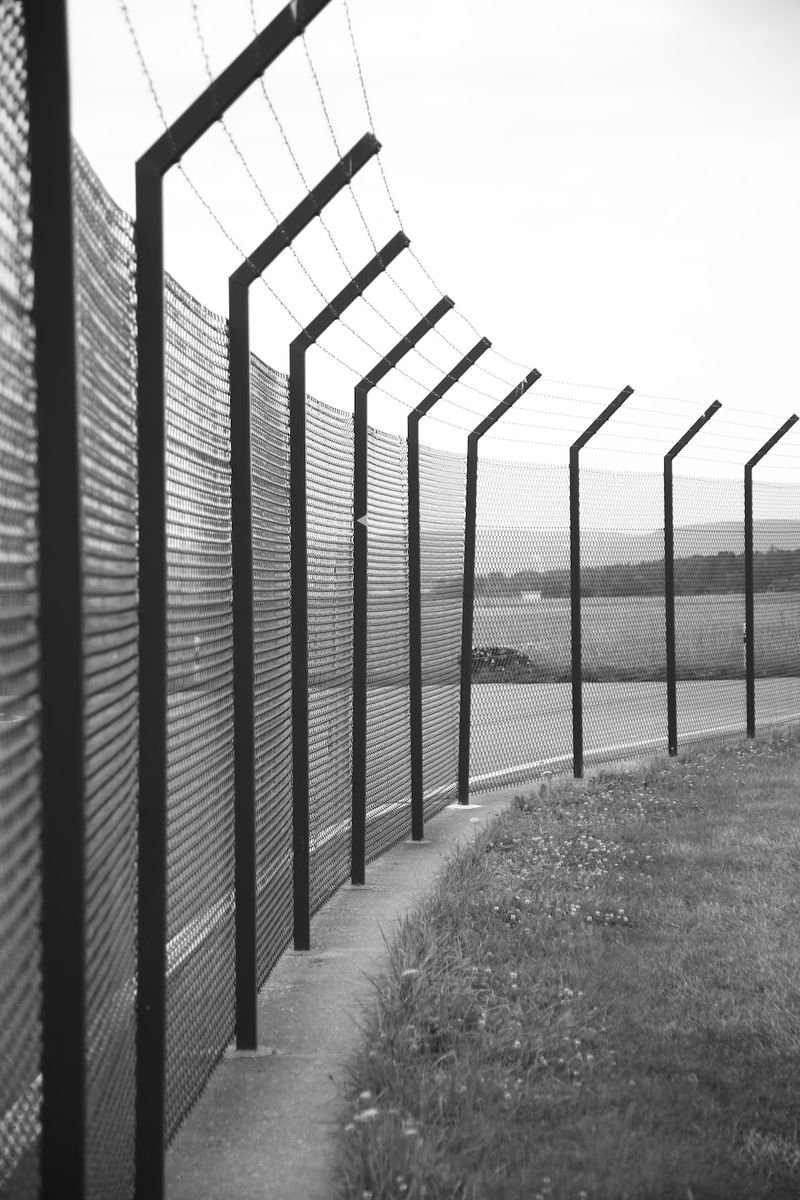U.S.-Mexico Relations: Biden Administration’s Shift on Border Wall and Deportations
Persistent Challenges in U.S.-Mexico Relations
The recent decision by the Biden administration to expand former President Donald Trump’s border wall on the Mexican border and begin deporting thousands of Venezuelans highlights the persistent challenges in U.S.-Mexico relations and the complexities of immigration policy.
Unlawful crossings into the United States from Mexico have been increasing in recent months, with migrants from various countries seeking refuge and better opportunities. The surge in migration has posed significant challenges for the Biden administration, which has come under political pressure to address the issue.
About-Face by the Biden Administration
During his campaign for president, Joe Biden criticized the efforts to build a wall along the U.S.-Mexico border, deeming it an ineffective policy solution. However, the Biden administration has now announced its intention to waive federal laws and regulations to allow for the construction of physical barriers along a portion of the border in South Texas, near McAllen.
This decision to expand the border wall is seen as a response to the overwhelming influx of migrants, which has strained the ability of both Republican and Democratic-led cities, such as New York and Chicago, to house and feed them. The move is a clear shift in stance by the White House, reflecting the political pressure to address the issue.
The Deportation Dilemma
In addition to the expansion of the border wall, the Biden administration has also announced plans to deport thousands of Venezuelans who enter the United States unlawfully. This reversal in policy marks a departure from the previous stance of not sending migrants back to the troubled South American country, which has been facing political unrest and economic turmoil.
The deportation announcement comes after the administration had granted temporary legal status to hundreds of thousands of Venezuelan migrants who had already entered the United States unlawfully. The intention behind granting Temporary Protected Status (T.P.S.) was to allow Venezuelan migrants to work and reduce the strain on cities like New York and Chicago.
However, concerns were raised that granting T.P.S. to a large number of Venezuelans could incentivize more migration from the country. The deportation decision can be seen as an attempt by the Biden administration to address these concerns and strike a balance between humanitarian considerations and managing the growing influx of migrants.
The Challenges Ahead
The announcements regarding the border wall expansion and deportations underscore the challenges facing the Biden administration in dealing with the complex and evolving nature of immigration. As humanitarian crises around the world drive increasing numbers of migrants to the U.S. border, the administration must navigate a deeply divided Congress and an outdated immigration system.
The decision to proceed with a segment of the border wall reflects the legal requirements stemming from appropriations made during the Trump administration. However, it also puts President Biden in the position of helping to build a border wall that he has openly criticized as ineffective.
Philosophical Reflections on Immigration Policy
The evolving nature of U.S.-Mexico relations and the challenges of immigration policy raise important philosophical questions. How can a nation balance the need for border security with humanitarian considerations? What role should physical barriers, such as walls, play in addressing migration challenges? How do we reconcile the ideals of inclusion and compassion with the practicalities of managing migration flows?
These questions reflect broader ethical and philosophical debates surrounding immigration and the responsibilities of nations towards displaced individuals. They require careful deliberation and consideration of both short-term and long-term effects.
Editorial and Advice
The recent developments in U.S.-Mexico relations and the Biden administration’s shift on the border wall and deportations highlight the complexities of immigration policy. It is clear that a comprehensive and holistic approach is needed to address the root causes of migration, improve the immigration system, and uphold humanitarian values.
While physical barriers may have some role to play in addressing high-traffic areas, they should not be considered the sole solution. The focus should be on comprehensive immigration reform that takes into account the economic, political, and social factors driving migration. This includes creating legal pathways for migrants, improving processing and asylum systems, and addressing the underlying issues in source countries.
Moreover, cooperation between the United States and Mexico is crucial in tackling these challenges. The two countries must work together to address the root causes of migration, strengthen border security, and promote regional stability. This collaboration should extend beyond political considerations and prioritize the well-being and dignity of migrants.
In conclusion, the recent policy shifts by the Biden administration on the border wall and deportations reflect the complexities of U.S.-Mexico relations and immigration policy. A comprehensive approach and ethical deliberation are necessary to address the challenges posed by increasing migration flows while upholding humanitarian values. Cooperation between the United States and Mexico is vital in finding enduring solutions to these complex issues.

<< photo by Robert Klank >>
The image is for illustrative purposes only and does not depict the actual situation.




